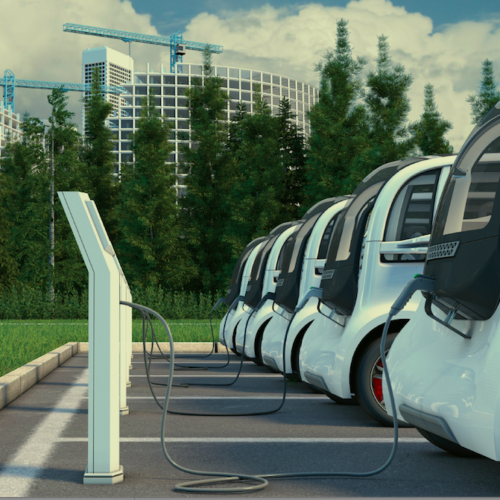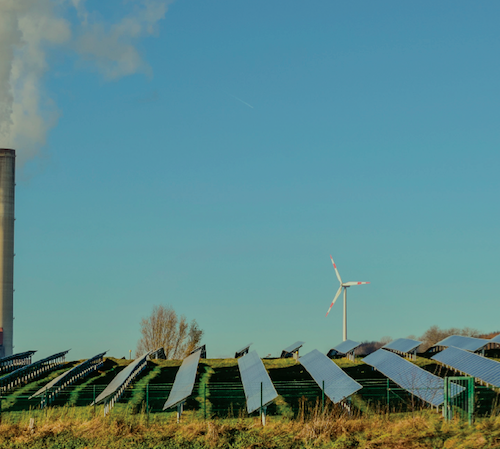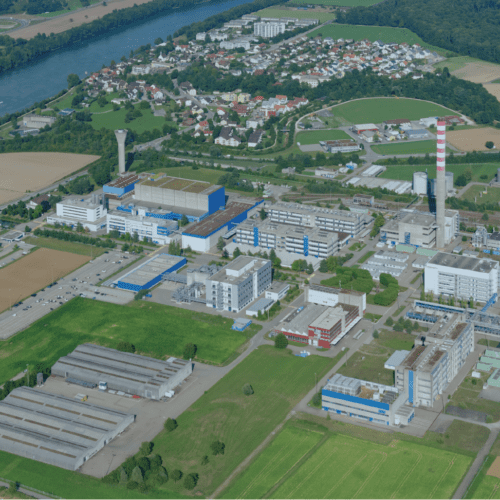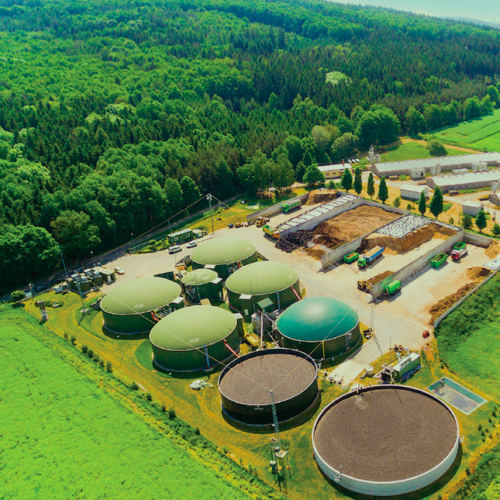More efficient buildings provide multiple benefits including lower emissions, greater comfort, improved health, and lower ongoing costs.
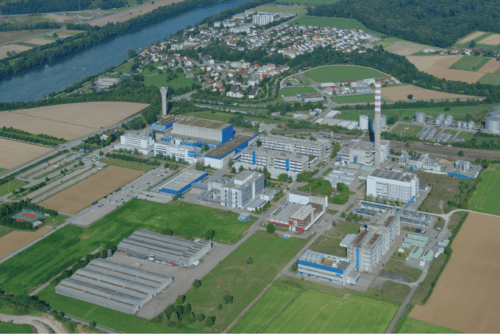
Book | 2018
The Carbon-Free Regions Handbook: Industry
Industry is the foundation of many regional economies. Yet the industrial sector creates 28% of global greenhouse gas emissions, and its impact is growing faster than other sectors.
Action 15: Methane Containment
Description
Eliminate wasted methane that is leaked into the atmosphere as a by-product of natural gas production or crude oil production, waste management, or other sources, and capture methane for productive and low-impact uses. Methane leaks should be measured, and should result in financial, regulatory, and other penalties.
Action Documents
- California Oil and Gas Regulation, which provides information about measuring and limiting methane emissions
Recommended Resources
- Global Methane Initiative
- State methane policies from the National Conference of State Legislators
- California’s strategy for reducing short-lived climate pollutants
- CCAC Oil & Gas Methane Partnership
Action 16: Clean Industrial Processes
Description
Convert industrial processes to use fuels that minimize or eliminate greenhouse gas emissions. Where possible, electrify industrial processes and leverage renewable electricity sources.
Action Documents
- Brazilian biofuels policy, RenovaBio (in Portuguese)
- Other documentation related to the policy (in Portuguese)
Recommended Resources
- Guide to cleaner industrial processes with specific technologies and recommendations by industry
- “Electrification in the Dutch Process Industry”
Action 17: Shared Industrial Flows
Description
Implement enabling policies for allowing the sharing of waste, heat and materials, and energy, including district-level heating, cooling, and microgrid solutions, within and outside of industrial districts. This can include the support of eco-industrial parks (EIPs), circular economy districts, and/or other district formats that support the reduction of waste.
Action Documents
- UNIDO Eco-Industrial Park Implementation Handbooks (in multiple languages)
Recommended Resources
- UNIDO’s Global Assessment of Eco-Industrial Parks in Developing and Emerging Countries
- An International Framework for Eco-Industrial Parks
- Eco-Industrial Park Handbook for Asian Development Countries
- Eco-Industrial Parks from Strategic Niches to Development Mainstream: The Cases of China
- Eco-Industrial Parks Development and Integrated Management Challenges: Findings from Italy
Action 18: Clean Ports and Airports
Description
Set progressive goals and align regional stakeholders to provide low-carbon fuels to vessels and aircraft, develop cleaner energy infrastructure within the facilities, and catalyze the development of low-carbon fuels regionally. Support vehicles and processes for maintenance, fueling, and other activities that minimize process energy consumption and electrify loads where possible. Many ports and airports are in areas subject to extreme weather, making resilience necessary, but also creating the opportunity to serve as emergency response centers.
Action Documents
- Memorandum of Understanding Template, Clean Sky 2, 2016
- Catalonia’s Law 16/2017 establishing a carbon tax on heavily polluting freight and shipping vehicles (in Spanish)
Recommended Resources
- Articles in Aviation from Advanced Biofuels USA
- Privatization and Regulation of the Seaport Industry
- Port of Seattle Commission’s Sustainability Plan
- Port of San Diego microgrid launch
Action 19: Clean Industrial Vehicles
Description
Require cleaner fuels, including electrified solutions, for industrial vehicles in the state or region. This should include vehicles on industrial campuses, as well as vehicles being used in the field such as construction and farming vehicles. This recommendation is not high impact for all regions, and it is most relevant to regions with transport-heavy industries, such as open-pit mining.
Action Documents
- Hong Kong’s Non-Road Mobile Machinery (NRMM) Resources
- London Area Non-Road Mobile Machinery (NRMM) Practical Guide
- California’s Off-Road Diesel-Fueled Fleets regulation
Recommended Resources
- Summary of world’s engine and vehicle emission standards, Dieselnet
- Technology Pathways for Diesel Engines Used in Non-Road Vehicles and Equipment
Get More Action Docs
Browse Additional Recommendations by Sector
Regional governments can enable cities to invest in better mobility options, lowering emissions while increasing mobility choices and improving health.
Ensuring that our electricity comes from renewable or zero emission sources is critical to a cleaner and more resilient future.
Regional governments provide the right scale to support industry—the foundation of many regional economies—in transitioning to low-carbon solutions.
Sustainable and regenerative agriculture, forestry, and other land use can help offset some of the large emission impacts that this sector produces.
Managing waste in a sustainable manner can reduce greenhouse gas emissions while also creating economic opportunities.
Regional governments can organize and deliver financial solutions to enable all the recommendations covered in the Handbook.

Engage with Us
Take action today and set your community on an ambitious course to carbon-neutrality bringing economic vitality, cleaner air, and better health and resilience.



